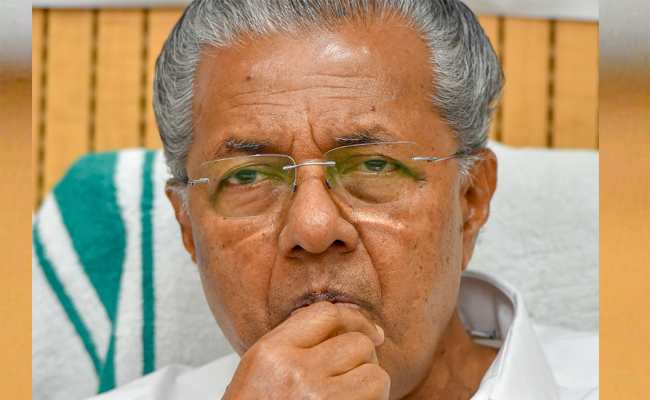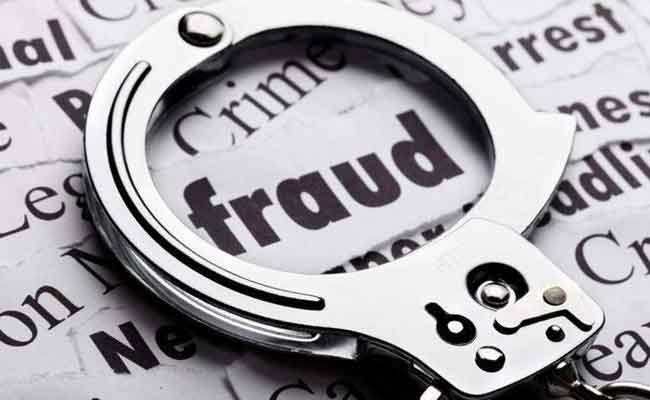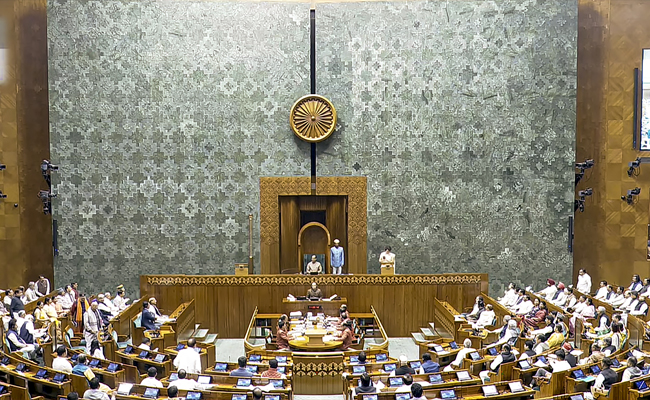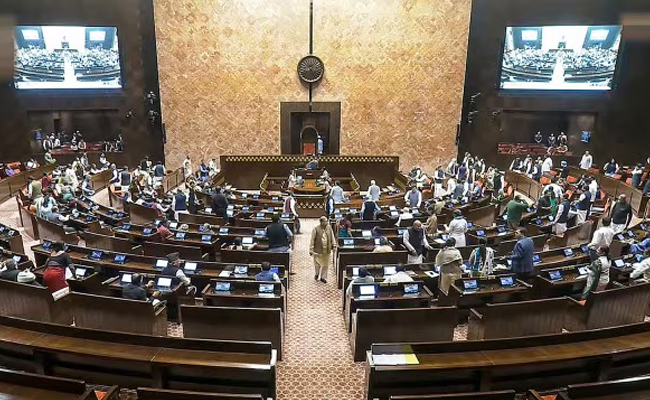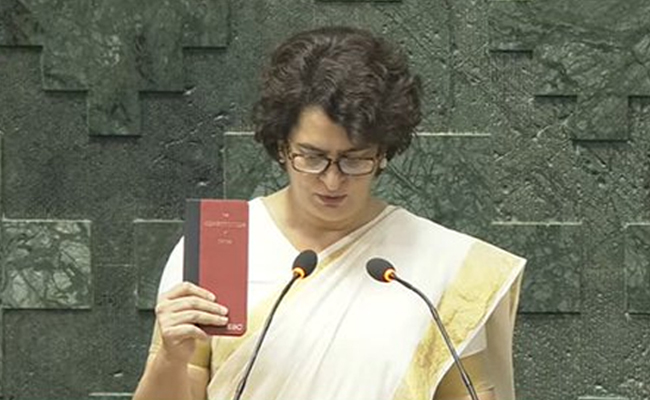Thiruvananthapuram (PTI): Kerala Chief Minister Pinarayi Vijayan on Saturday slammed a section of the media for allegedly spreading "fake news" about the memorandum prepared by the state government for central aid in the context of the Wayanad landslide disaster, terming it "destructive journalism."
"What is happening in Kerala is destructive journalism. A section of the media has turned into factories for creating controversies," Vijayan said at a press conference.
The Chief Minister said that Kerala has been discredited due to the fake news.
He alleged that after the media spread false information, a fake narrative emerged, claiming that Kerala was attempting to unfairly grab aid.
"The opposition also seized upon these reports. The aim behind these stories was to discredit the state government by any means," Vijayan added.
The CM clarified that it is not the ministers who prepare the memorandum in the wake of a disaster, but rather professionals who have proven expertise in the field.
He said that the media had misinterpreted the data prepared by these experts.
The figures in the memorandum are not exaggerated, but are projected estimates, he added.
Let the Truth be known. If you read VB and like VB, please be a VB Supporter and Help us deliver the Truth to one and all.
Kolkata (PTI): A 68-year-old man was arrested from Kolkata on Thursday morning after fake Indian currency notes (FICN) with a face value of Rs 2.99 lakh were seized from his possession, police said.
Acting on a tip-off, the Special Task Force (STF) of Kolkata Police apprehended the person from the Dharmatala bus stand area in the central part of the city, he said.
“Six bundles of FICN of Rs 500 denomination were seized from his possession. The person seems to be a member of a racket involved in fake currency note supply. A case has been filed against him and he will be produced in a local court later today,” he said.
The accused is a resident of Malda district, the officer said, adding that a probe into the matter is underway.

